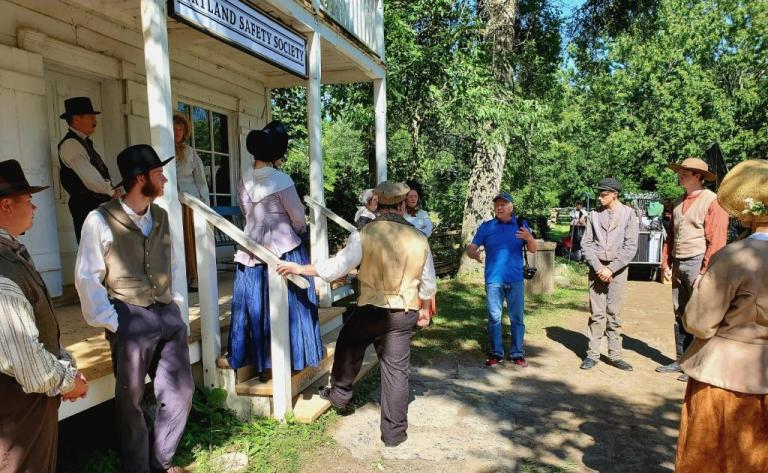
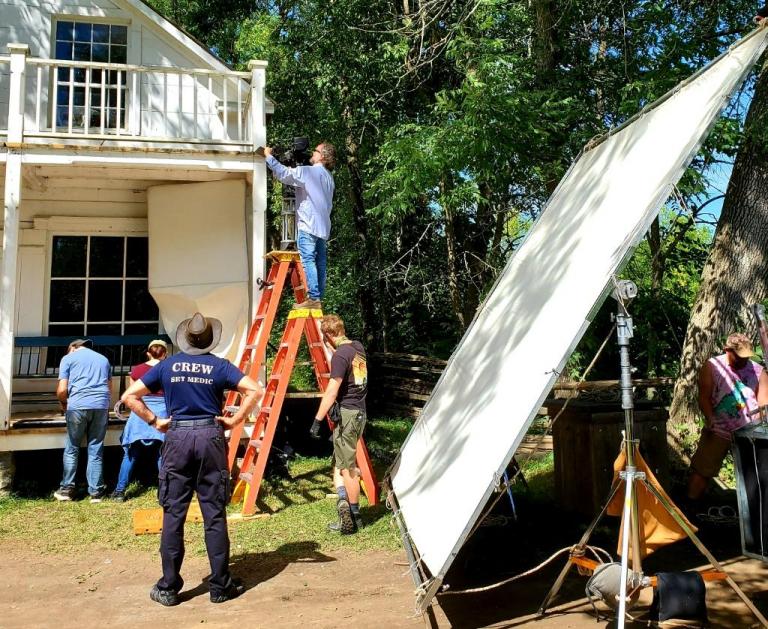
(Photograph by James Jordan)
In connection with my MESA 250 class, I’m re-reading Frederick Mathewson Denny, An Introduction to Islam, 4th ed. (Upper Saddle River, NJ: Prentice Hall, 2011). Here’s a passage, drawn from pages 20-21, that impressed me:
In the simplest sense, a prophet is a person who transmits a message from God, about the divine world, to humans. . . . The conventional understanding is that he or she is a person who can foretell the future. This was part of what the Israelite prophets did, but it would be a mistake for us to center our understanding on that alone. The sort of divining of the future of which the great prophets were capable was based on a clear moral vision rather than on occult powers. If the people disobeyed the Lord, then ruin would surely come. This did not require extraordinary perceptions, but a basic grasp of what it meant to be faithful to the covenant, which contained reciprocal obligations and conditions. The great prophets — and here is meant those who have left the most lasting impressions on the Jews and Christians, who know them through the Bible — were not so much foretellers as forth tellers. That is, they spoke fearlessly and independently against the abuses and sins of their own times, predicting dire consequences if the people did not mend their ways and fulfill their covenant obligations to God, who always fulfilled his. This is the heart of ethical monotheism. It matters cosmically whether one is faithful to the covenant with God, and the prophets spoke in the name of God, convinced that his spirit was with them for the task.
I don’t quite entirely agree with Fred’s take — I first came to know him many years ago; he’s now retired from the University of Colorado at Boulder — but I think he’s very much on the right track.
The photographs featured in this blog entry are drawn from a current attempt to recount the story of a modern prophet.
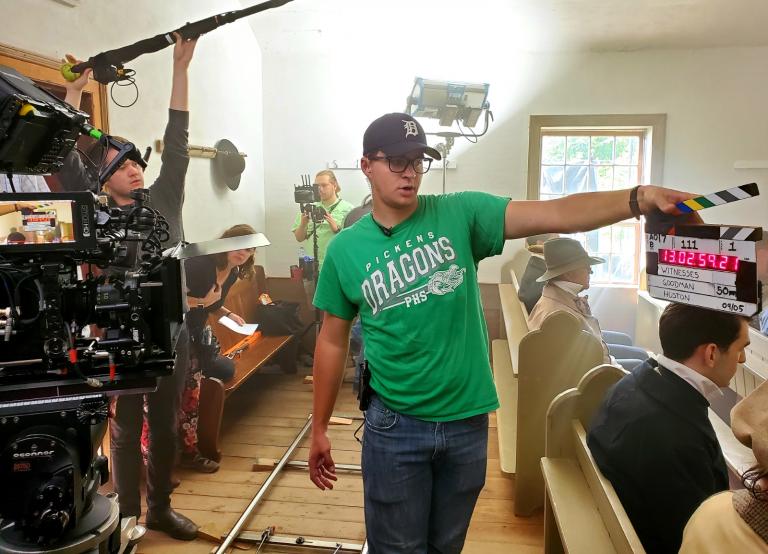
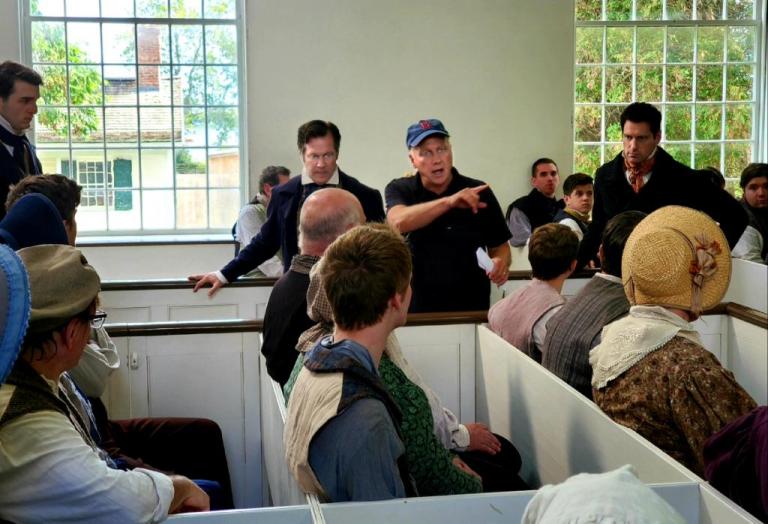
(Photograph by James Jordan)
Incidentally, we’re still raising money for this project, particularly for distribution and for the “Snippets” that we want to produce in conjunction with the films. (See here.) If you choose to contribute, please indicate whether you want your donation to go to the Witnesses project in particular or to the Interpreter Foundation more generally, whether you would be willing to have your name appear as a donor (e.g., in the credits to the film and/or on the Interpreter Foundation website), and, if so, how you would like it to appear.
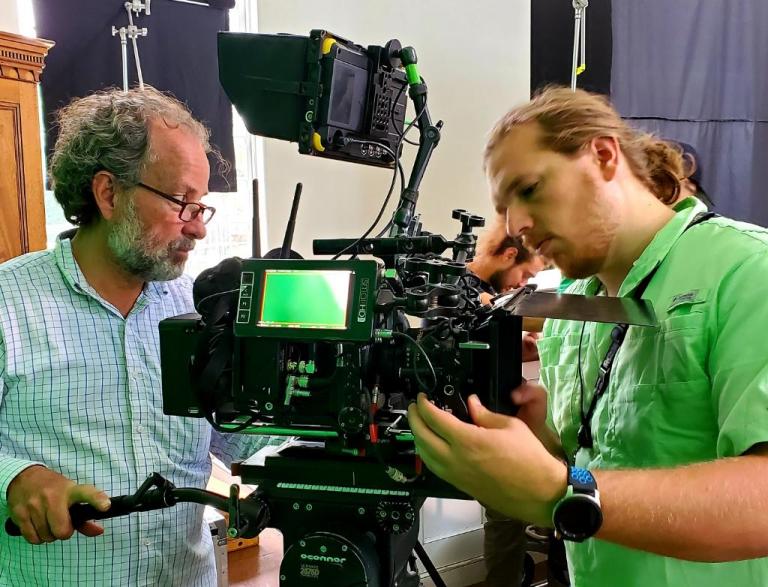
Thanks to James Jordan for sending these photographs to me.
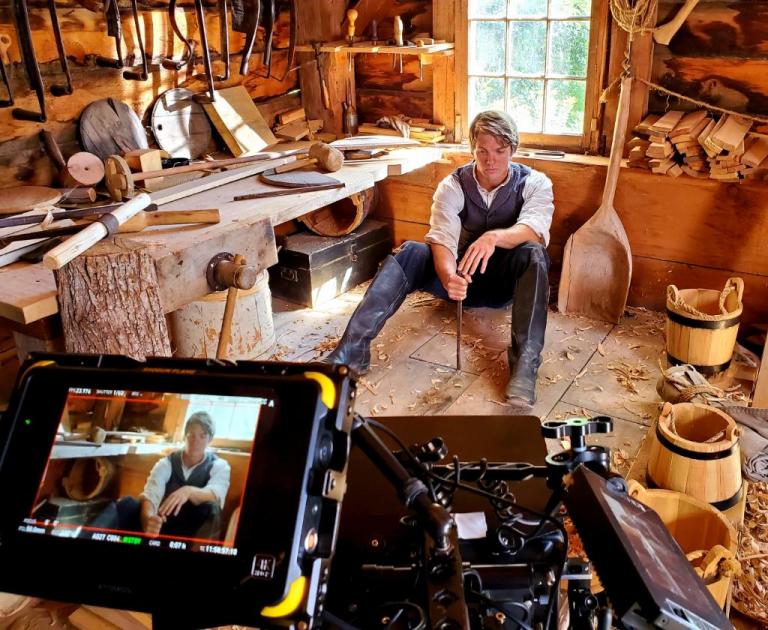
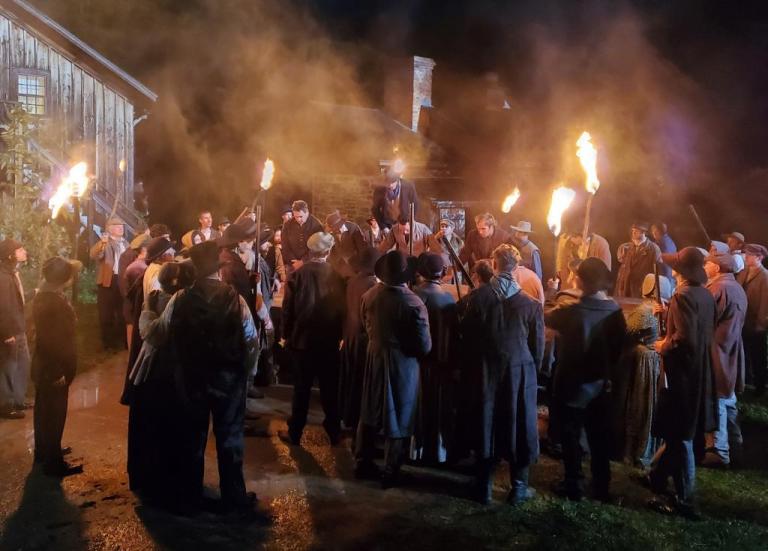
Posted from Bountiful, Utah












